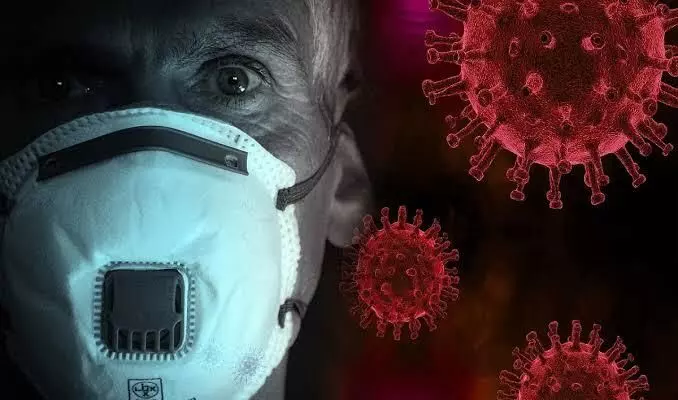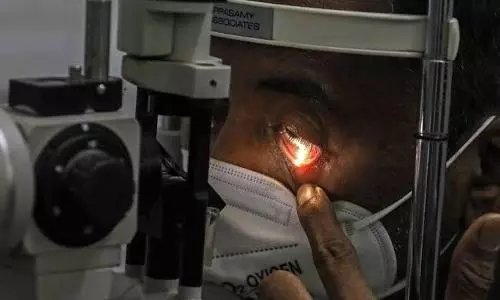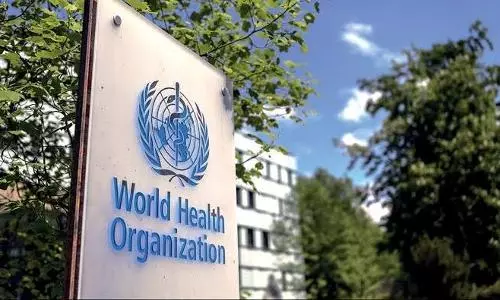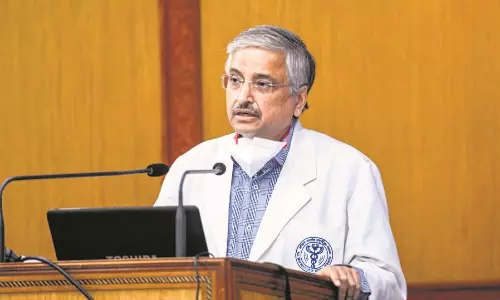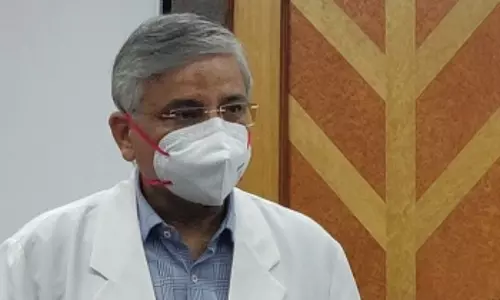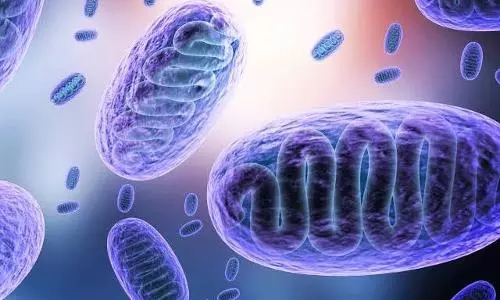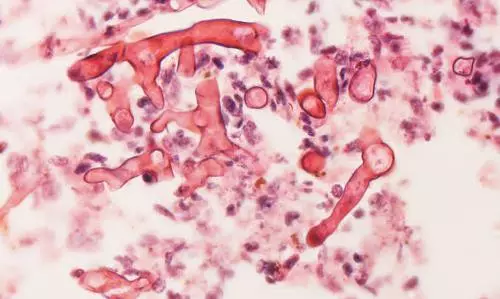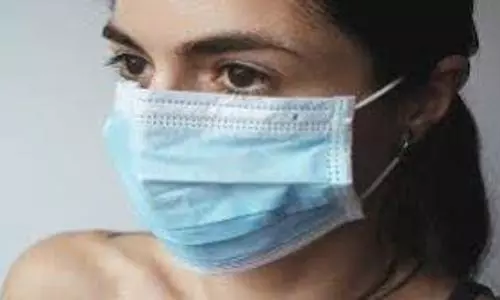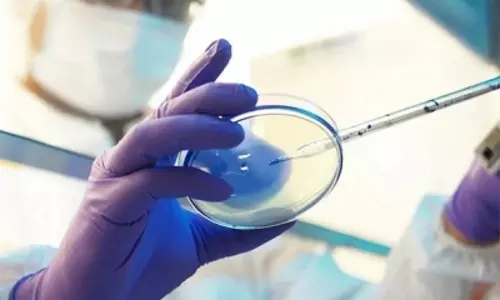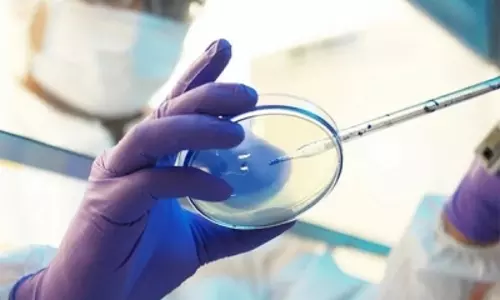
Black fungus categorised as notifiable disease: All you need to know
text_fieldsIn yet another medical catastrophe related to the second wave of the dreaded coronavirus that has taken a toll on our lives and brought the health care system to its knees. Black fungus infections or Mucormycosis in Covid-19 patients is now a cause of concern in the country.
According to the Indian Council of Medical Research (ICMR), Mucormycosis is a fungal infection that mainly affects people who are on medication for other health problems that reduce their ability to fight environmental pathogens. Sinuses or lungs of such individuals get affected after fungal spores are inhaled from the air.
Several states in India have now classified black fungus as an epidemic disease. Till now, cases of black fungus have been reported in various parts of the country including Karnataka, Uttarakhand, Telangana, Madhya Pradesh, Andhra Pradesh, Haryana and Bihar.
Among them, Andhra Pradesh, Rajasthan, Haryana, Telangana have classified black fungus as an epidemic disease.
Anil Kumar Singhal, principal secretary (health and family welfare), said that the state government has decided to make black fungus a notifiable disease, which means that even private hospitals have to report black fungus cases to the government.
Considering the frightening surge in the black fungus cases, AIIMS on Wednesday night has laid out guidelines that can help in the early detection and treatment of black fungus.
Early detection symptoms:
• Pain/redness around eyes/nose
• Fever
• Headache
• Coughing
• Shortness of breath
• Bloody vomits
• Altered mental status
• Black crust on the nose
• Swelling of cheeks and eyes
Who is at risk?
•Patients with uncontrolled diabetes, diabetic ketoacidosis, and diabetics on steroids or tocilizumab
•Patients with recent organs transplant/ cancer
•Patients with weak immunity
• Severe Covid cases
• Patients on oxygen support
What to do if a patient shows symptoms of Black Fungus?
•Contact an ENT doctor immediately, contact an eye expert or contact a doctor who is treating a similar patient
•Follow the treatment every day. If you have diabetes, then monitor blood sugar
•If there is any other disease, keep taking medicines and monitor it
•Do not take steroids or any other medicines on your own. Take medication only after consulting the doctor
Get MRI and CT scan was done on the advice of the doctor. The nasal-eye examination is also important.
Medications prescribed
An anti-fungal intravenous injection which costs Rs 3,500 a dose and has to be administered every day for up to eight weeks is the only drug effective against the disease.
The Drug Controller General of India, in March this year, approved Mumbai-based bio-pharmaceutical firm Bharat Serums and Vaccines Limited to use anti-fungal medication -- Liposomal Amphotericin B or LAmB -- as a medical intervention in patients of Mucormycosis.
However, several hospitals are facing a shortage of the Ampho B drug which has caused panic among people prompting them to take to social media and requesting leads for the drug.
Preventive measures:
Do's
•Control hyperglycemia
•Monitor blood glucose level post-COVID-19 discharge and also in diabetics
•Use steroids, antibiotics/antifungals judiciously
•Use clean, sterile water for humidifiers during oxygen therapy
Don'ts
•Do not miss warning signs and symptoms of black fungus.
•Do not consider all the cases with a blocked nose as cases of bacterial sinusitis.
•Do not hesitate to seek aggressive investigations, as appropriate (KOH staining & microscopy, culture, MALDI-TOF), for detecting fungal aetiology.
•Do not lose crucial time to initiate treatment for black fungus.
After recovering from coronavirus, one should closely monitor and should not miss any warning signs and symptoms mentioned above, as the fungal infection is found to emerge even weeks or months after recovery.






















